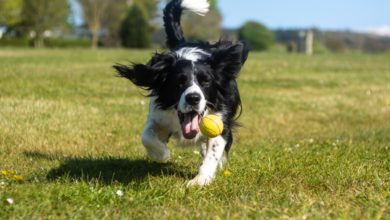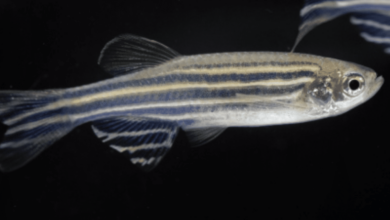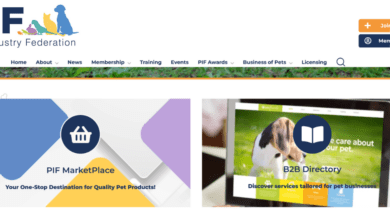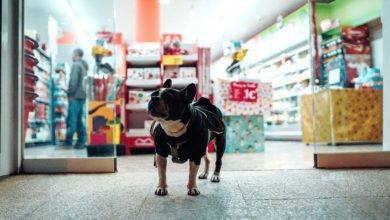PIF responds to Defra’s ‘next steps’ for animal establishment licensing
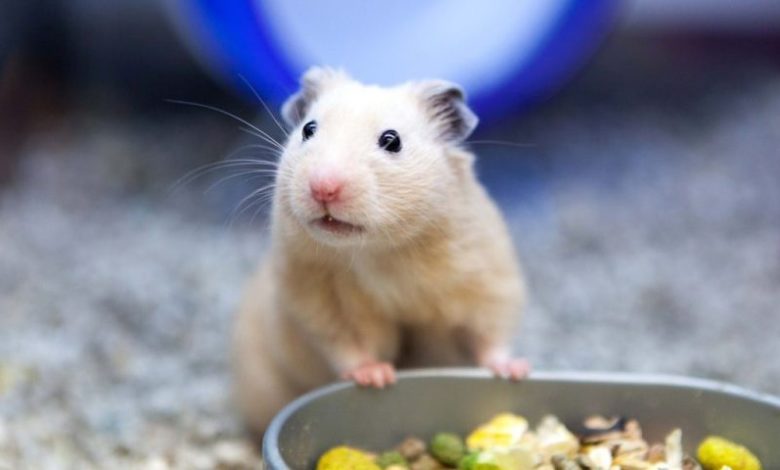
The Pet Industry Federation (PIF) has broadly welcomed DEFRA’s Next Steps document on the review of animal establishment licensing, which includes pet shops and boarding establishments. The trade association represents the interests of over 2,500 UK pet businesses.


